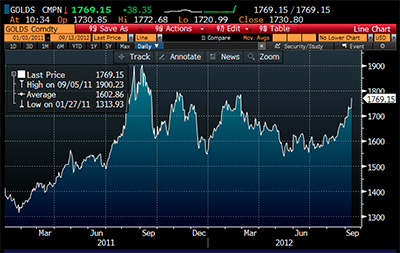Total shareholder return is the sum of stock price appreciation and dividends over a measurement period divided by the market value of the stock at the beginning of the period. In principle, this return should reflect the net present value gains per share of the company, and is ultimately what shareholders care about and are hoping to maximize.
Thus, it makes sense that management should care about and track TSR. But as critical as this measure is for investors, it has several significant shortcomings as a management metric. Little good comes from having management attempting to directly influence the stock price.

What TSR is missing
Management must severely restrict the flow of information about the company that investors might use to value the stock. Most of these restrictions are necessary for competitive reasons, but many are also due to significant regulatory constraints. Since management is the inherent gatekeeper in deciding what information gets disclosed, we need to trust that management is providing investors an accurate enough picture of company performance such that the investors can accurately value the stock. Given that management itself is invariably being judged by those valuations, the natural incentive to make oneself look good creates what governance folks call an "agency" concern. This concern is magnified when when a significant portion of management's rewards are pinned to TSR performance within a defined period.
Related to agency concerns is the fact that TSR is missing a direct link between management activities and stock price results. In any given year, management may collectively influence only about 20 percent of stock price variations; the rest would be driven by factors outside of management's control. Even over three- or four-year periods, management is responsible for less than half of stock price variations, creating a poor line-of-sight between the managers and their metric. When what gets measured can only be half-managed, the situation cries out for a better measure.
When it works
Like NPV, TSR is ultimately a forward-looking estimate of the company's cash generating capability. That's what shareholders are guessing at when they trade their shares. And like NPV, the biases that such a measure may induce make it unwise for use in short-term evaluations and, especially, in rewards, even for periods as long as four years.
Research shows that companies are better off using TSR only for longer-term evaluations, and using an appropriate accounting-based measure of performance, e.g., net income or EP, over shorter-term periods, in the faith that if management takes care of profitability, the stock price will take care of itself.